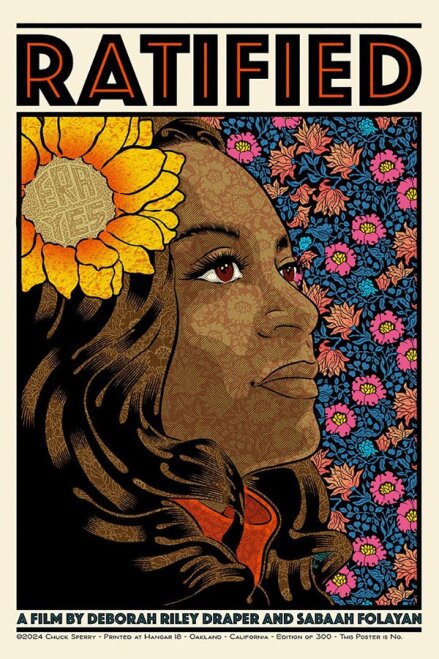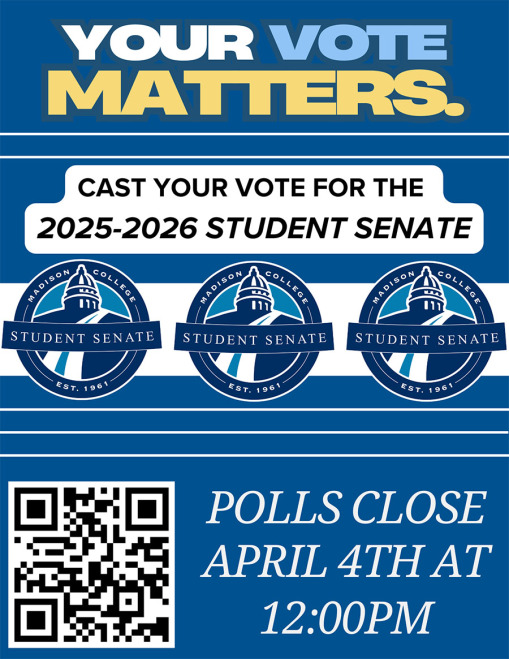UW System policy limits student protest
November 7, 2017
Last month, the University of Wisconsin System leaders approved a policy that calls for suspending or expelling students who disrupt campus speeches and presentations. By approving the policy, the Board of Regents, who is responsible for establishing the policies and rules that govern approximately 175,000 students in most of our state’s higher education institutions, essentially mandated that students calmly listen to all sides of issues and arguments. Or else.
If we follow the Regent’s line of reasoning in coming to this conclusion, we can clearly see that they believe the threat of punishment affecting students’ enrollment status at their respective college or university is what it takes to shape students into more productive members of their communities.
In their minds: Democracy is awesome. A free-flowing marketplace of ideas is essential to democracy. And listening is essential to that marketplace of ideas. More specific to this issue of campus protests, just don’t show up at an event and “engage in violence or other disorderly conduct that disrupts others’ free speech” and you’re good. No suspension, no expulsion. Not only that, but you and others around you will be able to comfortably listen and engage with speakers. You’ll be better off, just trust us, the really-smart folks in charge of your schools’ rules.
In my mind: I like order. I’d also say that I typically err on the side of attending events that I know are going to be non-disruptive; I certainly try to avoid violent ones. And sure, I usually dig a comfortable listening environment when I’m at an event where someone is speaking.
Hard to argue with all that. Case closed, right? Kudos to the Regents! Not so fast.
Try this hypothetical on for size: You’re a student at UW-Madison. Richard Spencer, president of the National Policy Institute and a leader of the “alt-right” movement, comes to your university to advocate for a “white awakening” and a white ethno-state. He praises the other neo-Nazis and white supremacists in the crowd for having the courage to come out in full support of his position. He goes on to say things like “America was, until this last generation, a white country, designed for ourselves and our posterity. It is our creation and our inheritance, and it belongs to us,” as quoted in CNN.com. By the way, Richard Spencer actually said that, and actually does this all the time, most recently at the University of Florida in Gainesville, Florida.
Anyway, since you have a beating heart and a functioning brain, you immediately recognize Spencer’s sentiments as offensive and abhorrent. It’s at this point that you have to make a choice. You can sit quietly and listen or you can, well, not do that. Those are literally your two choices. Of course, there are numerous ways in which you can “not do that”. Here, my friends, is your fork in the road, so to speak.
Do you take action to stand up against this most-evil version of a bully the world has ever seen? A yes means, quite literally, disrupting him. It means quite literally acting “disorderly”, assuming “acting orderly” would likely be defined by event authorities as “not disrupting” him. But instead of simply making a decision between standing up to a bully or not, you are simultaneously making a decision between being suspended from school or not. To protest is to risk suspension. To do nothing will result in no punishment from your school.
What you do is up to you, and what you do will have consequences, just as every single action you take, or don’t take, in life has consequences. The main point here is that your choice in this scenario – and every other scenario in your entire life – should be yours to make, unfettered by official policies scaring you into silent, shameful submission, so long as your decision is lawful and protected by the U.S. Constitution.
Also, there are undoubtedly, one hundred percent, indisputable scenarios in which disorder, discomfort, and disruption are all called for. It’s in imagining this hypothetical intersection of action and inaction where we can clearly see how completely backwards and unbelievably embarrassing the decision of the UW System’s leaders is for our state. I mean, to effectually suppress free speech by threatening to strip students of the right to pursue higher education? Just typing it out gives me chills.
This next part is for the naysayers.
Is a speech by white supremacist “alt right” leader Richard Spencer on the campus of a public university an extreme scenario? Absolutely. But before you allow yourself to water down my point with an argument like “we need to provide protections for the less-extreme speakers,” or “if we keep allowing these types of protests we’ll never be able to share ideas and come to the most effective and fair conclusions.”
Stop. Stop now with that fallacious logic. First of all, as soon as we put into place tangible policy punishing students for challenging the viewpoints of others, we open the door for people like Richard Spencer to come onto our campuses and freely spew hate-speech, which in itself tends to incite the very violence, disorder, and disruption the UW System’s leaders are trying to avoid. Secondly, we have to believe in the innate decency and reason of people – even young adults – to sift through who and what calls for protest.
When people like Richard Spencer or Ben Shapiro come to colleges across the country and are booed incessantly and unable to speak over chants protesting them, we shouldn’t be asking “How can we force our students to listen them?” but rather “Why aren’t our students willing to listen to them?”
Hey Board of Regents, maybe our students aren’t lacking in the art of civil discourse. Maybe they just have the hearts in their chests, the brains in their heads, and the fire in their bellies to keep it from being so polluted that there’s no point in participating at all.






























